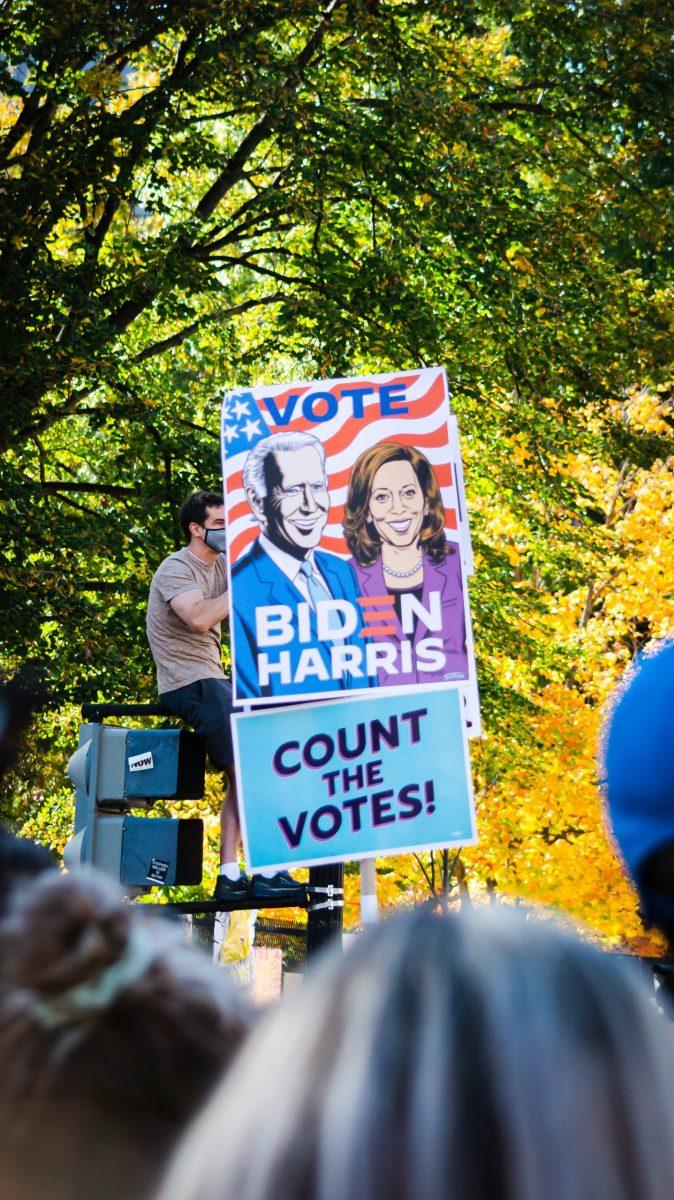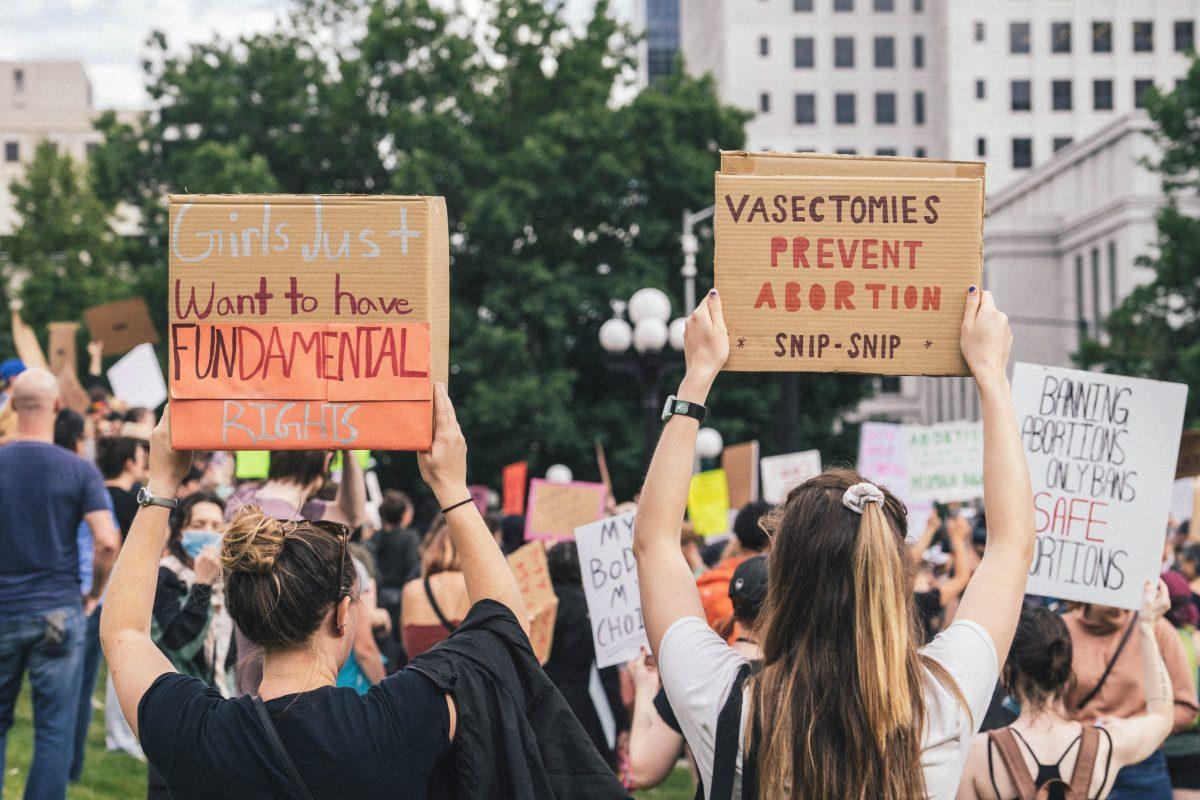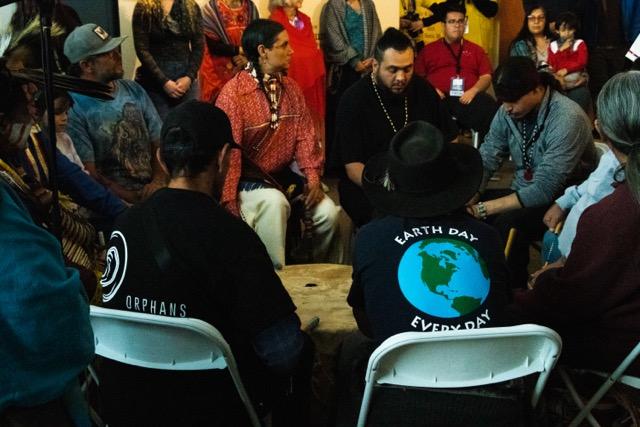
The Women’s Studies Program at Colorado State University-Pueblo invited anthropology and sociology lecturer Marina Cunin Borer to the spring 2016 “Cool Women, Hot Ideas” talk. The event was held on Wednesday at 2:30 p.m. and was sponsored by the Women’s Studies Program, the university library and Diversity Resource Center.
Borer was invited to speak about her research, which is targeted at the diverse experiences of military spouses. She also shed light on the complex communities of spouses of members in the military, exploring many different themes among the spouses that included isolation, intimidation and the fear that spouses may experience while being apart or being removed from their military lives.
Before digging into the technicalities of her research, Borer explained that she began examining military framework due to her own “personal civilian experiences.” Borer’s husband was a part of the reserves in North Carolina. During his time there, she lived alone in Colorado until she was able to move to Spring Lake, North Carolina to be closer to him. At the time, Borer resided in a community filled with army personnel.
Borer said she became a part of the “indirect military culture” while residing there. She was able to gain access to the part of military culture that is not seen in the broad media.
“It is the virtue of personal relationships that have aided my research,” she said.
Borer divides her research into 15 categories, some of which even intertwine.
“How you define something is going to affect your research. When you’re doing research on any community, you have to consider how is it being defined and how do they identify themselves,” Borer said.
Borer began the “Cool Women, Hot Ideas” talk by asking audience members whether they are military spouses. From there, she challenged some of the more broadened definitions and then broke down the legality of the term pertaining to spousal specifications in the military. She disclosed the difference between legal spouses and spouses without benefits.
Borer also briefly talked about the different types of support groups that are available to legal spouses. Some of those groups include the Officers’ Spouses Clubs and the hybrid groups that provide support to the “wives and girlfriends” of military personnel, also known as WAGS.
One of the complex issues of Borer’s research is gender. Borer said that gender issues leave a gap to male spouses. She said when people are looking at images of military families, they are conditioned to think of “the man in the middle with the wife leaning in.”
“There is a perception that they’re stay-at-home, 20-something-year-olds,” Borer said.
Within the community, there are the women that are underrepresented, such as women that identify themselves by their careers or women who themselves have served. Borer said that the military community also fails to acknowledge women in their 40s and women without children.
“In a sense, you will see common thread of being female in a very patriarchal environment,” Borer added.
Borer hopes that the military can rework their institutional framework, consider male spouses and their needs and eliminate the double oppression that exists in their communities.









